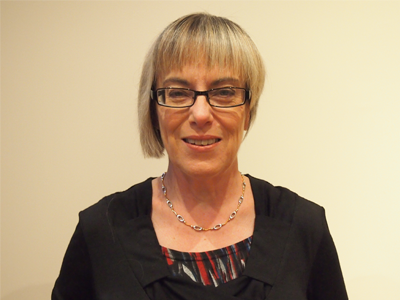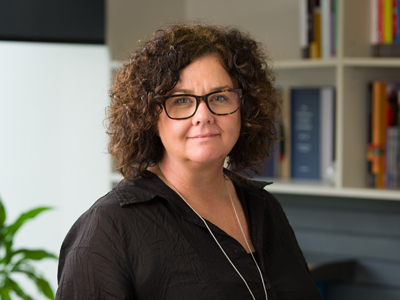Jump to section: What we learned | How students felt | Read the stories | Learn more about Storyathon
20,000 children wrote about their experience during lockdown.
Data from Oxford University Press in partnership with Storyathon, the largest story-writing competition in Australia, reveals the impact COVID-19 has had on children’s vocabulary, interests and social awareness. COVID-19’s creation of a very different world in 2020 was evident in Storyathon’s Term 2 theme, ‘A different world – living in lockdown’. Over 20,000 stories were submitted to Storyathon showing students have mixed emotions with a pendulum of positive and negative thoughts and behaviours.
“The virus is referred to as ‘cold’, ‘dark’ and ‘lurking’, which shows the way that news media and conversations with adults are perceived through a child’s lens. The comprehension of these terms gives us a glimpse into the development of the English language too when you consider the word ‘virus’ is borrowed from the Latin word vīrus meaning ‘poison, slime and venom’, words which mirror those chosen by the children.” - Lee Walker
The stories collected as part of Storyathon are being used to build the first Australian Children’s language corpus, which is a collection of texts which records the development of children’s linguistics over time.


Here's what we learned
COVID-19 was referred to as being cold, dark, stormy, windy, and it lurked in wait to infect.
Writers wanted to see sunshine and blue skies. There was talk of the contradiction with beautiful days but being fearful of COVID-19.
There was reflection about life 200 years ago, the same time last year, and Christmas 2019, where terms like ‘social distancing’, ‘hand sanitiser’, and ‘self-isolation’ would never have been heard or spoken.
They were living in a simple world and some were even starting to miss the annoying things.
They believed some changes would be permanent.
There were high numbers of dystopian stories where writers fast-forwarded to what life may be like some years from now. These ‘other’ worlds were scary and confronting.
Their normal life (pre-COVID-19) was awesome.
We’re left with nothing but hope.
Over 1.3 million words were written in Term 2, 2020.
The word ‘lockdown’ jumped 14,040 places, an increase of 190,100%. It was the 2nd most used word after ‘we’.
The word ‘we’ ranked as the 19th most used word, a 129% increase in use.
Use of the words friends, world and family increased in use respectively by 572%, 346% and 327%.
How were students feeling?
The positives
knowing they need to be resilient, taking joy in the simple things, coping, getting back up, we are safe, being grateful for what they have, acknowledging that it will end. Many students favourably wrote about being saved from loneliness through using Zoom and FaceTime to connect with friends, grandparents, and other relatives.
The negatives
bored, alone, stressed, fearful, scared, lonely, unmotivated, feeling a lack of control and freedom to be a kid, getting more sensitive the longer it went on, same every day, always tired, drudgery, time dragging, everything feels like forever, claustrophobic, caged, prison, trapped, miserable, don’t feel anything (numb), novelty of being home soon wore off, becoming impatient, seeing shoppers as greedy.
Read a selection of stories from Term 2, 2020
Term 2 theme: ‘A different world – living in lockdown’
Over 50% of Australian primary schools have joined Storyathon. Register your school for free and join Australia’s largest online story-writing event.

